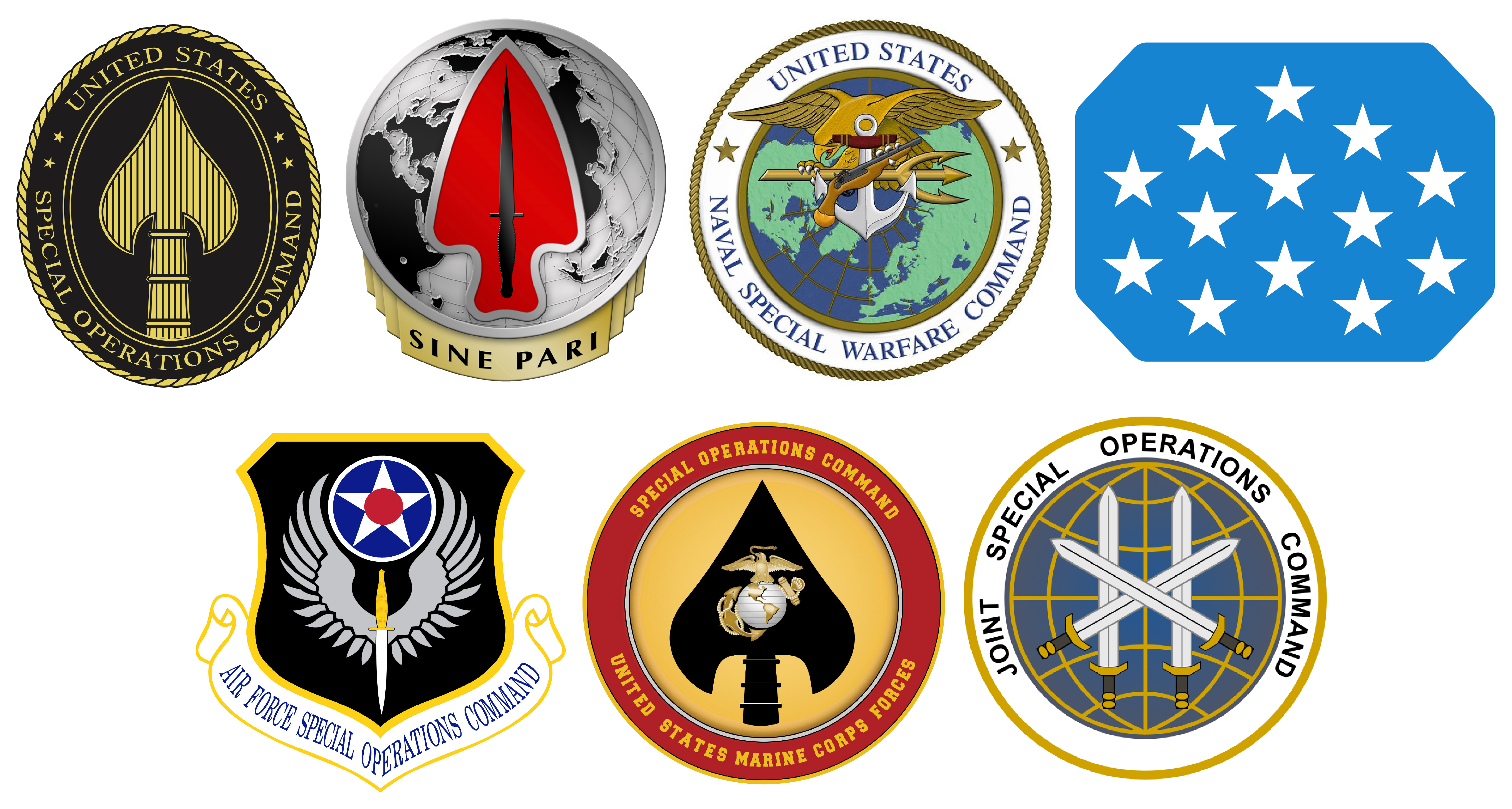The concept of Special Operations Forces (SOF) is deeply rooted in military history, but the formalization and development of modern SOF began in the 20th century, shaped by the evolving demands of warfare and the need for specialized, elite units capable of performing high-risk, unconventional missions.
Early Roots and World War II
The origins of Special Operations can be traced back to ancient and medieval warfare, where small, elite groups conducted raids, ambushes, and other specialized missions. However, the modern concept of SOF truly began to take shape during World War II. The war introduced a new kind of global conflict that required innovative strategies and tactics, leading to the creation of specialized units within many of the world’s military forces.
One of the earliest examples of modern SOF is the British Special Air Service (SAS), founded in 1941. The SAS was created by David Stirling, a British Army officer who recognized the need for a force capable of conducting deep-penetration raids behind enemy lines in North Africa. The success of the SAS in disrupting German supply lines and carrying out sabotage missions became a model for other SOF units.
Similarly, the United States developed its own special operations capabilities during World War II. The Office of Strategic Services (OSS), established in 1942, was a precursor to the modern Central Intelligence Agency (CIA) and played a crucial role in espionage, sabotage, and guerrilla warfare. The OSS trained and deployed operatives behind enemy lines in Europe and Asia, laying the groundwork for the U.S. Army Special Forces, also known as the Green Berets, which would be established in the years following the war.
Also, During World War II, the Navy frogmen, officially known as the Underwater Demolition Teams (UDTs), played a critical role as one of the earliest precursors to modern Special Operations Forces. Their missions were highly dangerous, often conducted under heavy enemy fire, and required exceptional physical endurance, courage, and ingenuity. The success of the Navy frogmen during WWII laid the foundation for the development of more advanced special operations units, including the Navy SEALs, and their legacy is still honored in today’s SOF community.
The Cold War and the Evolution of SOF
The Cold War era saw significant advancements in the organization and deployment of SOF as global tensions and the threat of nuclear war necessitated more clandestine and flexible military options. The U.S. military, recognizing the need for specialized forces to counter communist insurgencies and conduct covert operations, formally established the U.S. Army Special Forces in 1952. These Green Berets were trained in unconventional warfare, including guerrilla tactics, foreign internal defense, and counter-insurgency.
During the Vietnam War, Special Operations Forces were further refined as they played a critical role in countering the Viet Cong and North Vietnamese Army through unconventional tactics. Units such as the U.S. Navy SEALs and the U.S. Air Force’s Special Air Warfare Command (later renamed the Air Force Special Operations Command) were integral in conducting reconnaissance, direct action, and rescue missions.
Modern SOF and Global Operations
The end of the Cold War and the rise of global terrorism in the 21st century have continued to shape the role of SOF. The attacks on September 11, 2001, marked a turning point, leading to the expansion and increased visibility of Special Operations Forces. The U.S. established the United States Special Operations Command (USSOCOM) in 1987 to oversee all SOF activities across the branches of the military, ensuring better coordination and efficiency.
In the years following 9/11, SOF units have been at the forefront of counterterrorism efforts, conducting high-profile missions such as the raid that led to the death of Osama bin Laden in 2011. SOF has also been involved in training foreign military forces, humanitarian missions, and counter-insurgency operations worldwide.
The Legacy and Future of SOF
Today, Special Operations Forces are recognized as some of the most elite and capable military units in the world. Their legacy is built on a tradition of adaptability, innovation, and relentless pursuit of mission success, often in the most challenging and dangerous environments.
As global threats continue to evolve, so will the role of Special Operations Forces. With advancements in technology and a growing emphasis on cyber warfare, SOF will likely expand its capabilities in these areas, while maintaining its core strengths in unconventional warfare and direct-action missions.
The origins of Special Operations Forces are a testament to the necessity of specialized, highly trained military units in addressing the unique challenges of modern warfare. From their early beginnings in World War II to their critical role in today’s security landscape, SOF have proven to be an indispensable asset in safeguarding national and global security.
SOF and SOWF
As world conflicts continue and Special Operations Forces remain in harm’s way, Special Operations Warrior Foundation will hold fast to its “Enduring Promise” to support the SOF Community.


